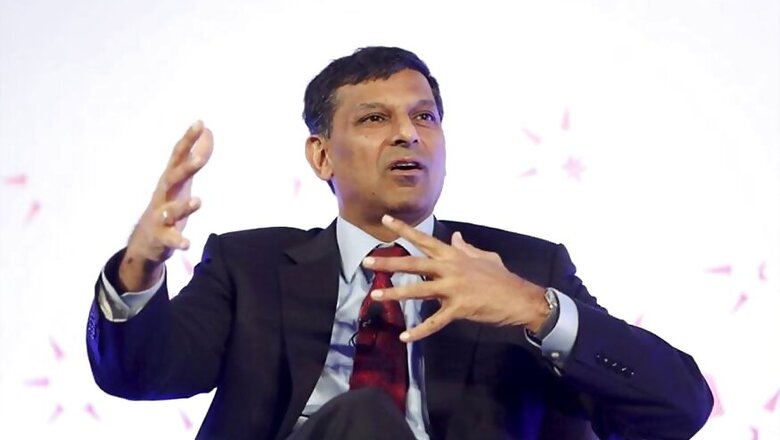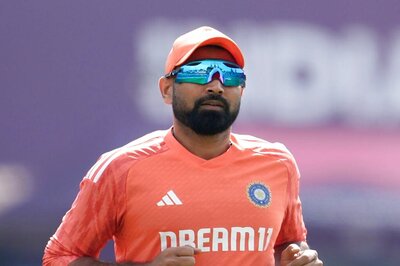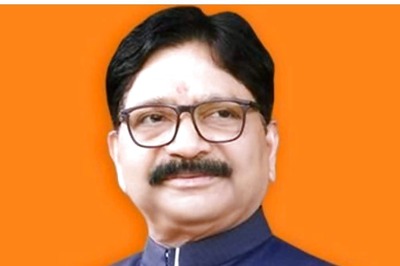
views
New Delhi: Policymaking is like going 60 miles per hour with the rain pattering on your windshield with no idea what is in front of you, according to former governor of the Reserve Bank of India Raghuram Rajan.
In one of his first public interactions after relinquishing his RBI post, the Katherine Dusak Miller Distinguished Service Professor of Finance at the Booth School of Business, University of Chicago, told the varsity’s media relations wing that he was looking forward to his days in academia where “you can spend four days in a room, sit looking at a piece of paper and struggling with a thought that refuses to come out".
Rajan was much more skeptical about the world of policy-making from which he had recently returned.
“As a policy maker, you're desperate for more data to guide your policy making. You would love to have a ton of research telling you, ‘this works, that doesn't, thus and such is how you should go.’ But, in practice, you don't have it. So you're going 60 miles per hour with the rain pattering on your windshield, and the windshield is fogging up. And you're on a highway, so you can't stop, because you could cause a pile-up, but you have no idea what's in front of you. That's sort of policy making,” he said.
Rajan said that in an era of widespread democracy one cannot have a system which works only for some, and not for others. “The markets need political support. We need to further that debate. And Chicago has always played an important role in that debate. We need a better solution, and that is part of what I hope to think about,” he said.
Talking about the economic recession of 2008, he observed that economist cannot see into the future. “I can't say that I was not surprised by what happened in 2008. Yes, I had talked about some of the factors that were leading up to that, but the extent of the damage that was done in financial markets, to financial institutions, to confidence, and more broadly to trust in markets was far greater than anyone could have imagined,” he said.
Rajan shed more light on what’s ailing the world of markets and the challenges for policymakers. He said there was a tendency to regulate what we understand while letting go of things we don’t.
“Are the problems solved? Are we moving forward? Have we put behind us financial fragility? The sad answer is no. We have made progress. Banks are much better capitalised than they were, there is much more of a sense that incentives left to themselves sometimes can create public risk. And we need to think about how that works. But there are also areas of the financial sector that we have left relatively lightly-regulated, even while we are putting regulation after regulation on the parts we understand better. And to my mind uneven regulation is as much of a problem as no regulation or excessive regulation--because uneven regulation leads to regulatory arbitrage. Activity moves from the regulated part to the unregulated part. And this is where the worry is. The one big lesson from the crisis is everything is connected, so (if you) make this safe, make that unsafe, you're not safe yet,” he said.
However, the professor seems thrilled about getting back to the world of academia.
“One of the difficulties of a job in the quote ‘real world’ is you don't really get time to shut yourself off in a room and think. Now in academia, if you're not too careful, you get really dragged into the real world and you don't have that time. But if you are careful, you can spend four days in a room, sit looking at a piece of paper and struggling with a thought that refuses to come out. At the end of those four days, sometimes, you say, ‘Oh my God, how did I miss this?’—and it dawns on you. And that's as close to bliss as you can get,” he said.
Rajan said he looks forward to taking his bike out and riding the bike path along Lake Shore Drive in Chicago. “That's one of the great experiences in my life. And I hope to do it as long as I can. It's great to be back,” he said.




















Comments
0 comment